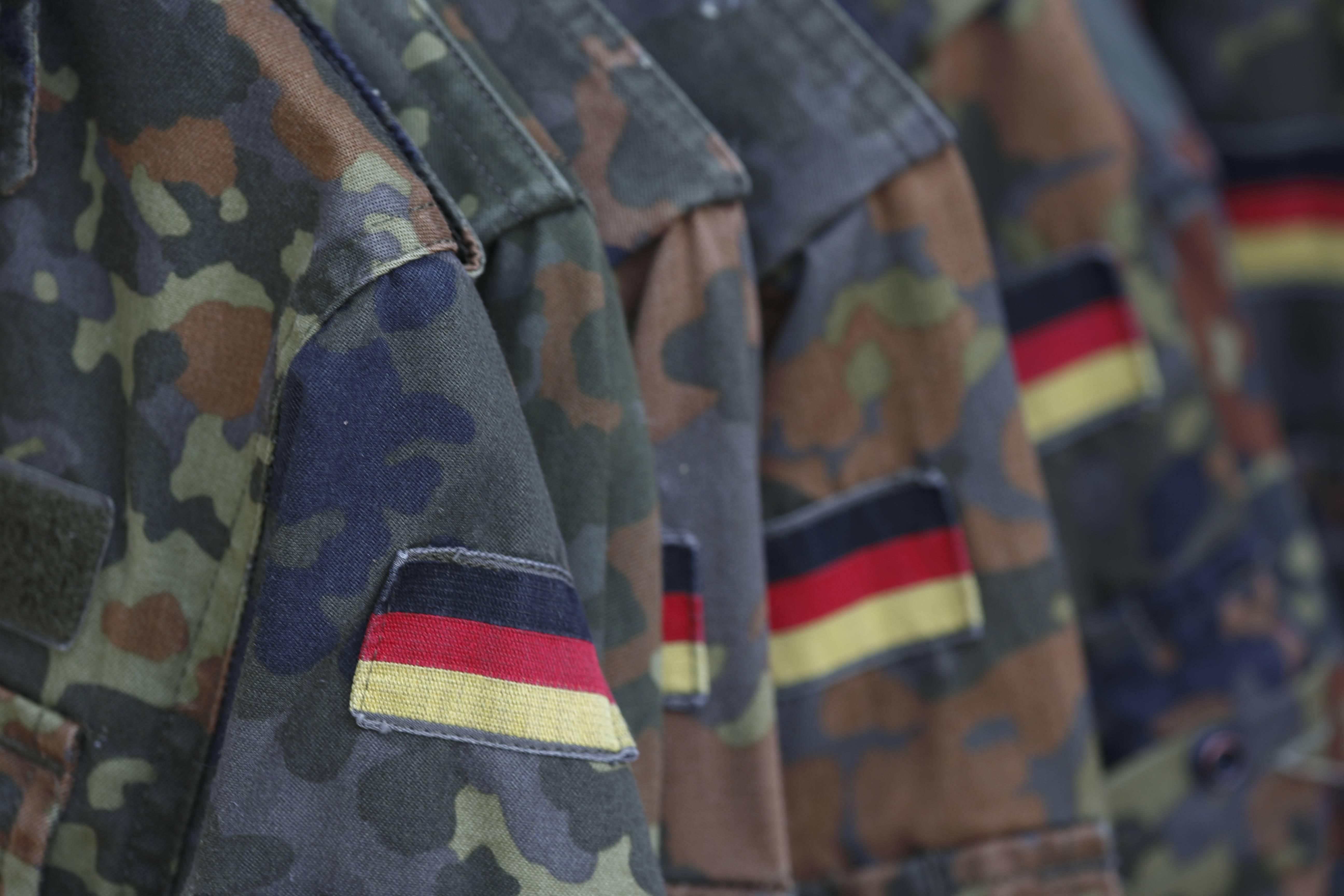The shockwaves from Russia’s invasion of Ukraine have hit Germany hard. For much of the post-World War II era, change in German politics, when it occurred, tended to be gradual. But the horror of war in nearby Ukraine has triggered an abrupt and momentous change of German foreign and defense policies. After years of starving its armed forces of resources and of acquiescence to aggressive behavior by Russia, Europe’s economic powerhouse has announced accelerated plans to beef up its military and backed crippling sanctions against Russia. We spoke to Eurasia Group expert Naz Masraff to get more insight into this dramatic shift and its implications.
What are the most important changes announced?
In a reversal of a longstanding policy against delivering arms to conflict zones, Chancellor Olaf Scholz announced that Germany will send anti-tank weapons, surface-to-air missiles, and armored vehicles to Ukraine. He also pledged to raise Germany’s defense spending above the 2%-of-GDP level expected of NATO members and to create a €100 billion fund to jumpstart the effort. In the economic realm, Scholz froze the Nord Stream 2 pipeline meant to transport Russian natural gas to Germany and signed on to an effort by the US and other European countries to unplug Russia from the SWIFT network used for international banking transactions.
Why now?
A toughening of attitudes toward Russia in recent years within German media, think tanks, and its political class helped pave the way for change. Then came the invasion of Ukraine, which took Berlin by surprise. As other Western countries quickly pressed for punitive actions against Moscow, Berlin dithered. It initially resisted, for example, the proposal to disconnect Russian banks from SWIFT, prompting visits from the leaders of Poland and Lithuania to urge a change of course. Polish Prime Minister Mateusz Morawiecki tweeted that he came “to shake Germany's conscience so that they decide on firm and crushing sanctions.” The drama over SWIFT was likely the tipping point, leading the Scholz government to conclude it had to do something big to save its image internationally as well as at home, where there has been an outpouring of public support for Ukraine.
Why has Germany been so hesitant to stand up to Russia?
For decades, Germany’s so-called Ostpolitik (Eastern Policy) formed the basis for its dealings with, first, the Soviet Union, and later with Russia. The policy held that peaceful relations and deepening commercial ties would be sufficient to avert the threat of conflict. Germans widely believe it helped bring down the Berlin Wall in 1989, and until recently thought it could moderate the actions of an increasingly aggressive Russian president. Even after Vladimir Putin ordered the invasion of Ukraine’s Crimea peninsula in 2014 and then sparked a separatist conflict in the east of the country, Germany continued to develop the Nord Stream 2 pipeline, which would have greatly strengthened its ties with Russia. The invasion of Ukraine delivered a rude awakening on the effectiveness of this approach.
What will be the implications of the shift in German policy?
The changes signal that Germany is transforming itself from a country that viewed itself as a “civilian power” and ceded leadership on the international stage to others (usually France) into one that is more assertive and has more normal defense policies for a country of its size. The commitment to raise its defense spending to 2% of GDP will go down well with the US and NATO, and given Germany’s economic heft, could eventually translate into a much more significant military role for Berlin in the alliance. Scholz has already outlined ambitions to develop new weapons systems such as fighter jets and tanks.
What has been the public response in Germany?
Defense spending has traditionally been a very low priority for the German public. But a Forsa poll taken shortly after Scholz announced his plans showed that a remarkable 78% of respondents supported the €100 billion package and the new plans to strengthen the armed forces. Similarly, public opinion on weapons deliveries to Ukraine shifted dramatically, with 78% supporting them compared to 15% in a late January survey by Ipsos. But the polls represent a snapshot in time. War in Europe has become a reality, and the public is concerned about Putin’s broader intentions and the implications for Germany’s security. But pacifist instincts are deeply rooted in Germany’s post-World War II psyche and could re-emerge over time.
With his bold new plans, is Scholz drawing comparisons to his predecessor, Angela Merkel?
Though Merkel lead the EU on many important issues, her leadership didn’t extend to foreign policy. When Russia was massing troops on the Ukrainian border earlier this year, Scholz appeared likely to continue this approach as he let French President Emmanuel Macron do much of the talking with Putin. Then, to everyone’s surprise, he abruptly reversed decades of foreign and defense policy and signaled that Germany wishes to play a much more active international role going forward. Most recently, Scholz met in Ankara with Turkish President Recep Tayyip Erdogan to discuss Russian aggression, with the German leader noting that "there can only be a diplomatic solution."
